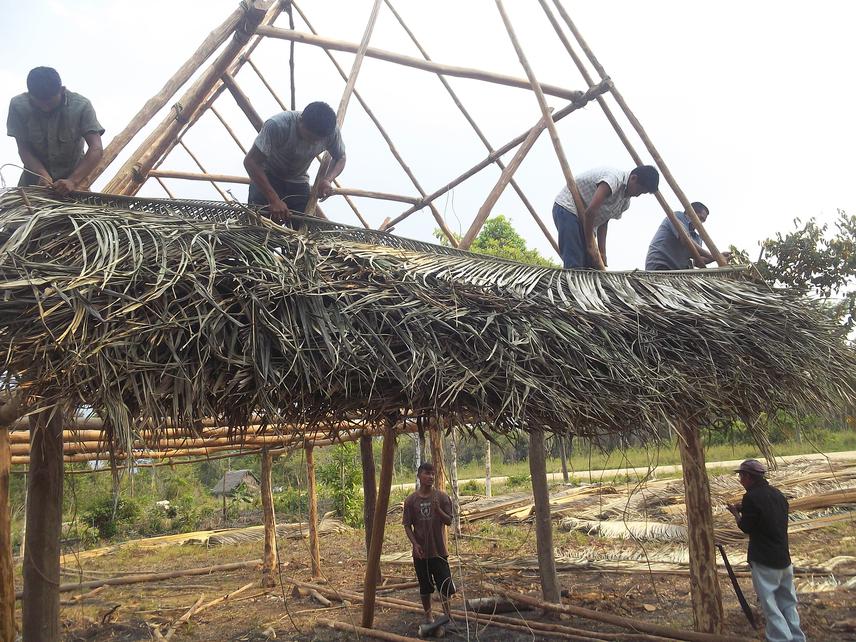Kenrick Winston Williams
The project aims to analyse community initiatives in Belize to understand how and why some communities collectively organize to adapt institutions to adapt to the changing socio-political environment while others are fragile or fail in the long-run.

States pursuit of economic development and a changing socio-political environment have engendered increasing pressures on natural resources and by extension indigenous and local communities who depend on common pool resources for their social, economic, institutional and cultural survival. Resultantly, indigenous and local communities continue to see their livelihoods, property and resource rights threatened. While the state have decentralized and entered into co-management with local communities to manage local natural resources, they have essentially "off-loaded" much of their responsibilities without providing the requisite financial or technical resources commensurate with those responsibilities to local communities. Even within this context, some local communities in Belize have collectively organized, adapted unique institutions, and leveraged the required support to sustainably govern local resources over the long-run. Other community initiatives to govern local biodiversity however remain fragile or fail over time.
This project seeks to investigate those key enabling variables, design principles and institutions in community based initiatives to govern local natural resources, advocate for customary land tenure, and adapt to an ever changing socio-political environment. We focus our analysis in 17 buffer communities of three protected areas (Community Baboon Sanctuary, Mayflower Bocawina national Park and Sarstoon Temash National Park) in Belize. We seek to underline why and how some communities are robust while others are fragile or fail in the long-run. One of our major endeavours is to build local and scientific knowledge of community institutions in natural resources governance by identifying variables (endogenous and exogenous) present in successful long-run community institutions in the Belizean context.
As primary beneficiaries of this project, we will train local buffer communities in Belize to engage in assessing the institutional framework currently present (or lacking) in community organizations which co-manage protected areas in Belize. This will in turn allow them to continuously self-assess strong and weak variables in community-based natural resources governance. It is envisioned that this research project, in itself, will inspire greater collective action through such participatory approach. We hope that this project will bring the needs of the community to the forefront of natural resources management in Belize and as such will provide key policy recommendations to the Government of Belize and the wider conservation community in strengthening local communities.